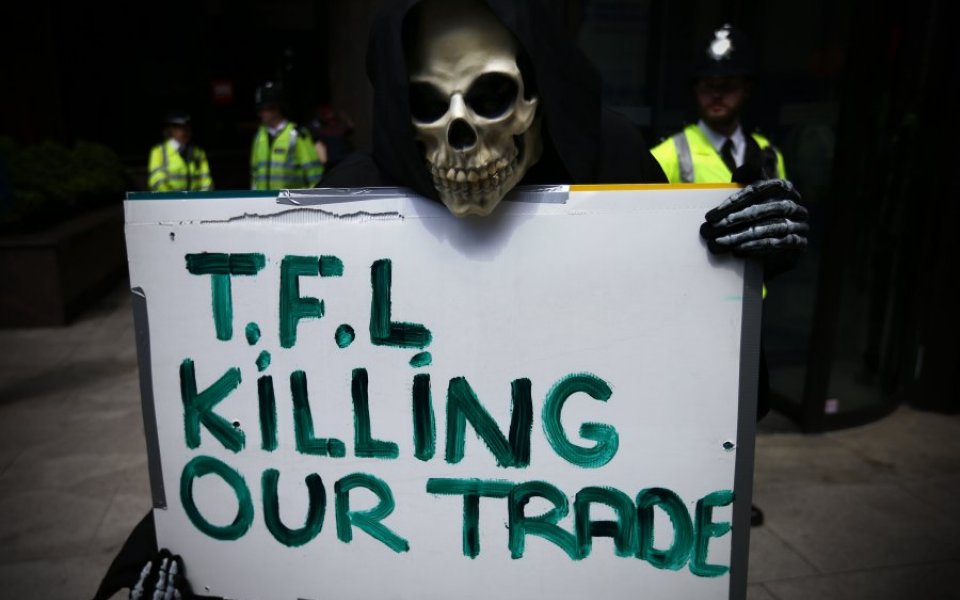Uber vs TfL: CMA regulator backs Uber calling new Transport for London rules anti-competitive

The UK's market watchdog has thrown its weight behind Uber in a showdown between the Taxi startup and Transport for London (TfL), calling plans to curb the business anti-competitive.
Responding to proposed new rules which seek a five-minute waiting time after ordering an Uber among other restrictions, the Competitions and Markets Authority (CMA) has warned the plans may "excessively and "unnecessarily weaken competition" and would be damaging for consumers, and could result in higher prices and a reduced quality of service.
Read more: How much? Now Uber might be worth $70bn
"A number of TfL’s proposals will harm competition and, by extension, consumers. This will take the form of harm to competition between PHVs (private hire vehicles), through regulation which is disproportionate and/or reduces incentives for entry, expansion or innovation." the regulator said.
"Competition between taxis and PHVs will also be harmed, through regulation which distorts the playing field between them. We urge TfL to consider the impact that any changes to the regime could have on competition."
Transport for London put forward the proposals in September, bowing to pressure from rival minicab firms and black cab drivers to more heavily regulate the startup. They have argued that Uber flouts existing rules.
Read more: Boris thinks Uber's breaking the law
Curbs on its business would include a ban on sharing a ride with other people and displaying nearby drivers’ availability on apps. Specifically addressing the five-minute rule, the CMA concluded there was no evidence to support why it would be effective and could "artificially hamper" service.
The consultation on private hire regulation, which closes on 23 December, spurred more than 100,000 to sign a petition of public support for Uber. On the divisive matter, business secretary Sajid Javid has called the proposals heavy-handed while Mayor of London Boris Johnson has said Uber is breaking the law.